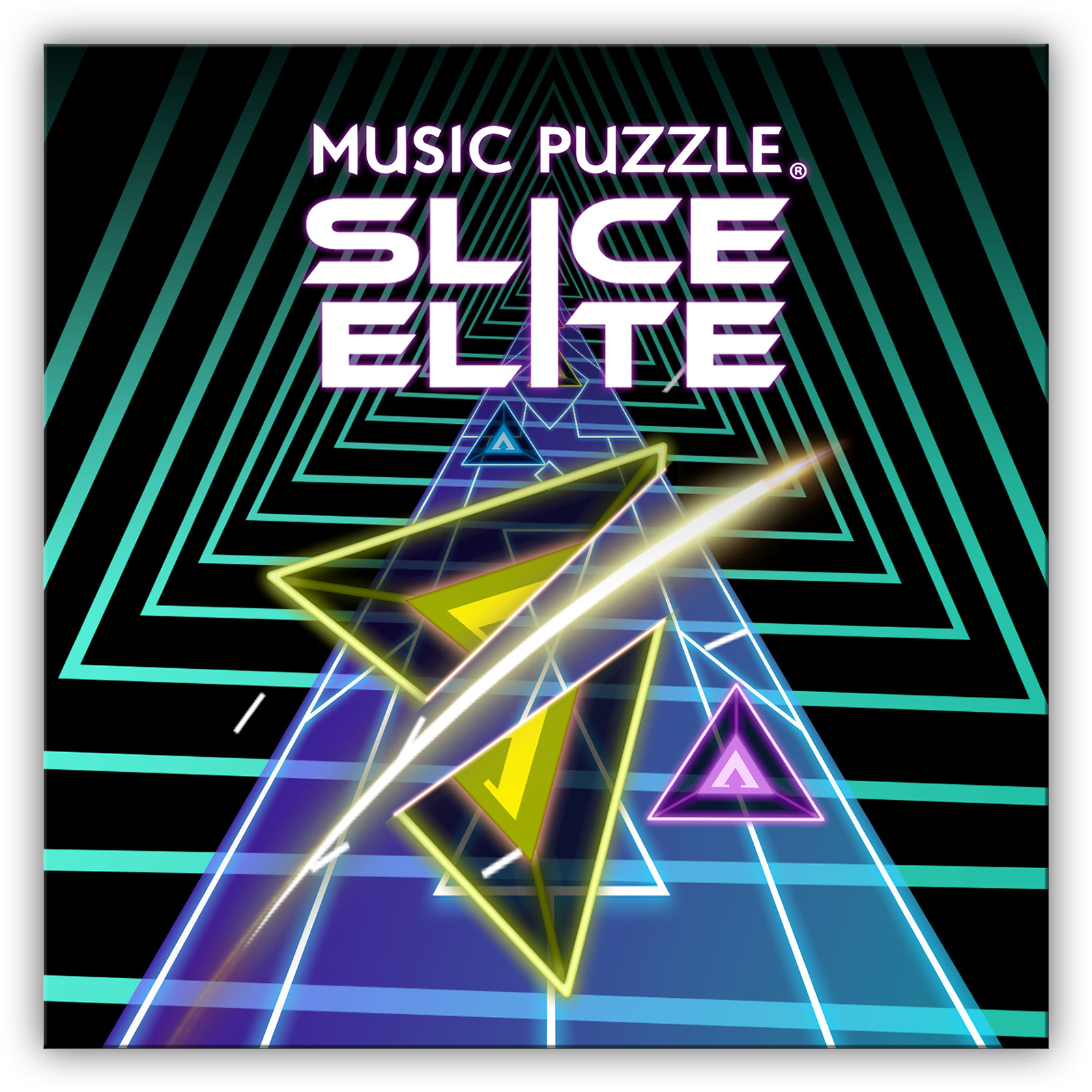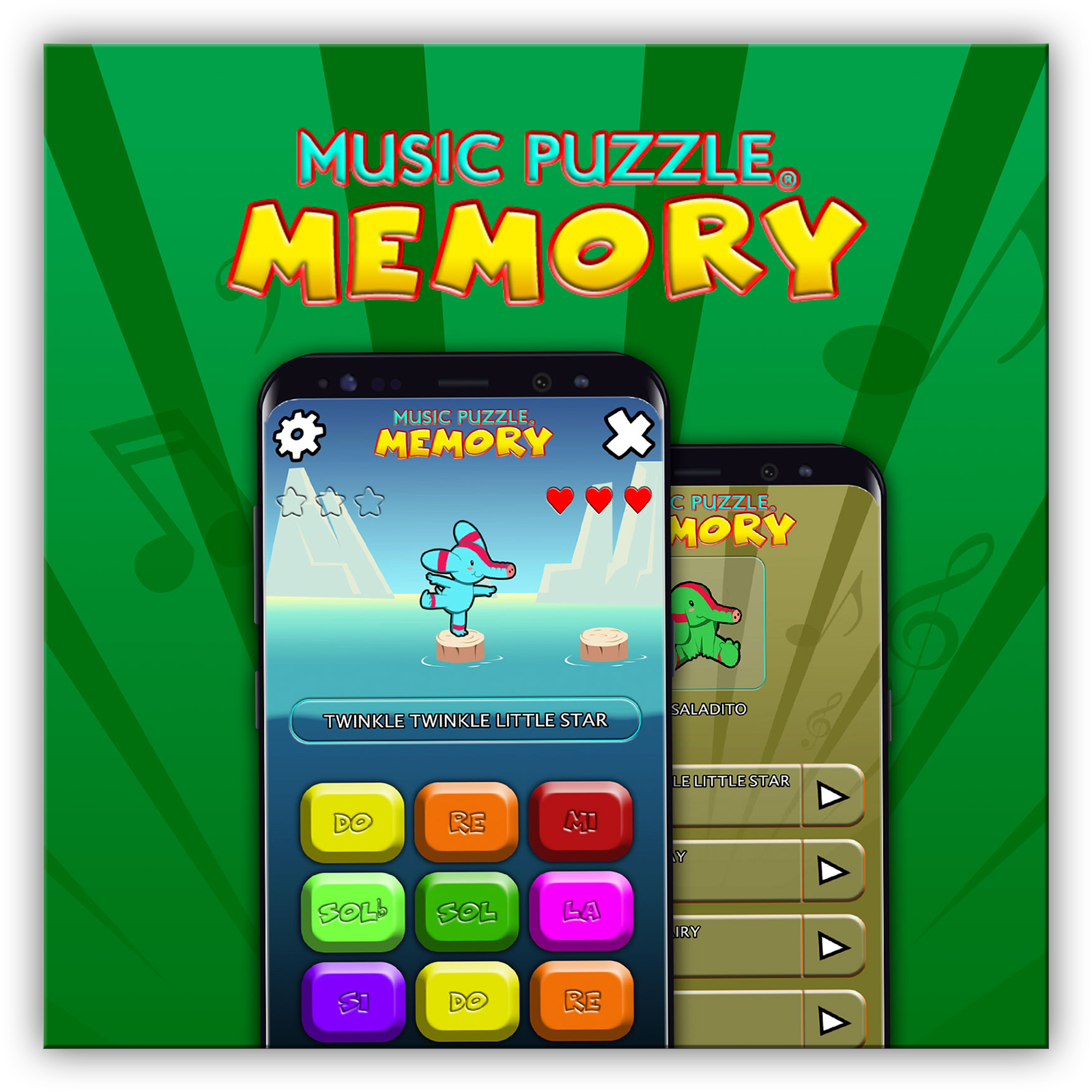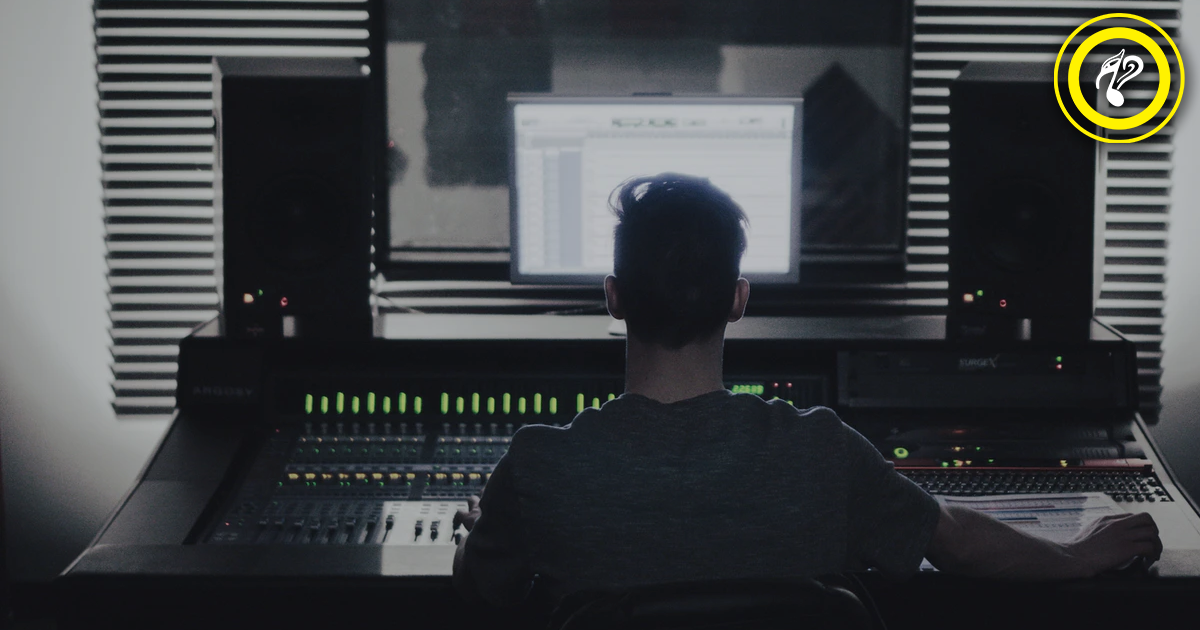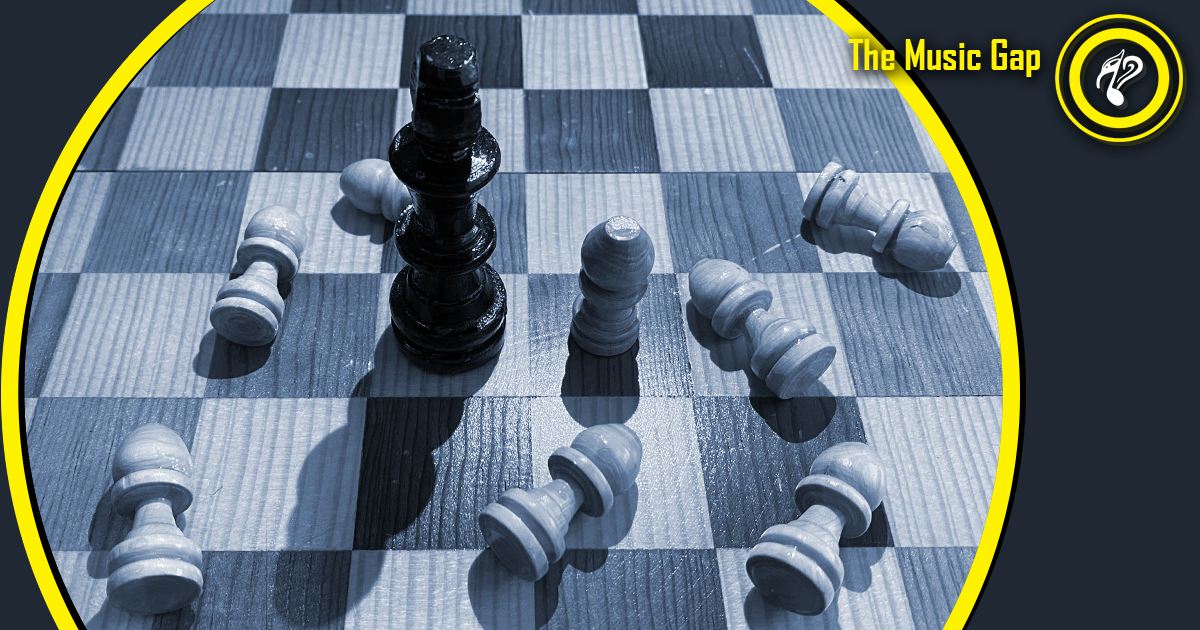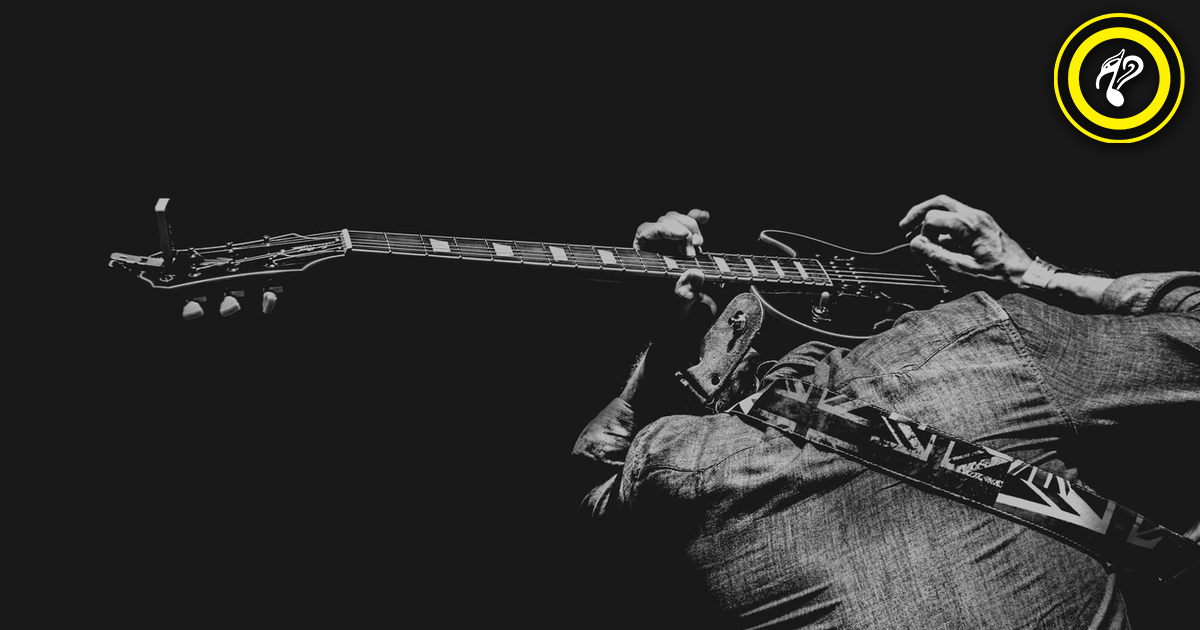Violent Music 2/2
Opinion

In our article Violent Music 1/2, we talked about this subject and concluded that this kind of music doesn’t make their listeners violent. (And of course, they agreed! 😅)
However, what then happens with gender violence, racial violence, or other types of violence? Is there no problem with the songs that have this type of violent content in their lyrics?
For example, gender violence is made of two components:
- Violence (including violent thoughts or actions)
- Against women (we can also include the LGBTTTIQ Community here)
Now, can music influence people in such a way that they feel compelled to become violent towards a certain category of people?
To make an opinion, let's see how thoughts are formed by taking an excerpt from the website terapias.online:
How are thoughts formed?
Human beings learn in two ways: by repetition and by intensity, which can occur concurrently.
- If you think about this, you’ll realize you have no experiences or proof to back up some things you believe to be true. You’ve simply been told that these thoughts are true so many times, so now your mind believes them to be true. Many of these thoughts are indeed false, yet they are transmitted from generation to generation. We turn these thoughts into beliefs, and will become defensive if someone questions them.
- Think about an emotionally strong experience that you or someone close to you has had, that has marked your beliefs in one way or another. For example, a dog attacks someone and produces such a severe emotional reaction that that they are unable to approach a dog anymore.
In short, any constantly repeated concept is capable of shaping an opinion about something or someone, which is also the basis of marketing. This X shoe brand is the best; it will make you feel good. From listening to this advertisement, what do people do? Buy that X shoe brand instead of buying the unknown shoe brand, without having the slightest idea if the X shoe really is better or will affect how you feel wearing it.
A 2006 U.S. study by the Prevention Center of the Pacific Institute for Research and Evaluation in Berkeley, CA, found that young people who listen to rap and hip-hop tended to abuse alcohol and commit violent acts. In 2002, Busta Rhymes and P. Diddy published their song "Pass the Courvoisier". The following year, sales of Courvoisier liquor increased by 18.9%.
It’s indeed very likely that music causes greater alcohol consumption, not only because they are both synonyms for partying, but also because the lyrics can not only motivate listeners to drink alcohol, but can also guide listeners to certain specific brands of alcohol.
Now, in reggaeton music, let's take a look at the words of three random songs from Bad Bunny, who has been in the world rankings this year.
In the song, “Si veo a tu mamá” (If I See Your Mom): “Pensando en to'a las veces que te lo metí” (Thinking of all the times I’ve put it in (his penis).
In the song, “La Difícil” (The Difficult One [girl]): “Una estrella porno, chinga como Riley Reid… Mírala como se toca… Bailando es que me provoca” (A pornstar, screws like Riley Reid ... Look at how she touches herself… She provokes me by dancing).
In the song, “Yo perreo sola” (I Twerk Alone): “A los hombres los tiene de hobby” (Men are like a hobby for her)
Clearly, Bad Bunny likes to talk about provocative women, who only think about sex. The song "La Difícil", is about that woman who behaves like a pornstar. In “Yo perreo sola”, he describes a woman who has a hobby of collecting men. In the song "I Used To", it’s the woman who wants to have a good time (i.e., have sex with Bad Bunny). With these examples alone, we can already imagine what he means in the song "Bichiyal", or the one who is "almost single".
We've used Bad Bunny as an example, but a lot of reggaeton artists have similar themes around sex. The popular dance of that musical genre (twerking) is also very sexual.
For a young man who listens to reggaeton all day, the world ends up being full of provocative women who only think about sex. Whether we like it or not, these songs stigmatize women and reinforce – voluntarily or not – these concepts via repetition.
Three steps to reprogram the brain
1-Repetition: program your mind by repeating an affirmation as many times as you can. This will cause
increased neuronal activity and you will be, as said before, eliminating bad ideas. Change little by little
thought patterns that damage the brain.https://lamenteesmaravillosa.com/como-se-reprograma-la-mente/
To summarize, while music does not generate violence, it’s also very likely that violent people who listen to reggaeton will turn violent against women in particular. However, many women from Latin countries continue to support reggaeton and listen to their songs, which can perhaps be the subject of one of our next articles.
Would we ever start censoring these songs that can promote violence and stigmatization against certain groups? Probably not, simply because prohibition never brings anything good with it. Prohibition leads to consuming in excess, to the limits of human rights, and to the rise of authoritarian regimes, which can also lead to a black market, mafia groups, and corruption.
If such songs exist, it’s because many people consume them. Instead of prohibiting certain songs or types of music, we’d recommend rather to be more careful with what each song says, and think about the consequences of their messages.
Wouldn’t you think that if all women stopped listening to misogynistic reggaeton, stopped seeing men who listen to that type of music, and the press stopped promoting those songs and artists, then men would have no other choice but to twerk together! 😂
Perreo reguetonero de la promo del 5° año
Check out our article Violent Music 1/2 if you haven't read it yet.
We appreciate your (nonviolent) comments!
If you enjoyed the article, you'll love these games:
